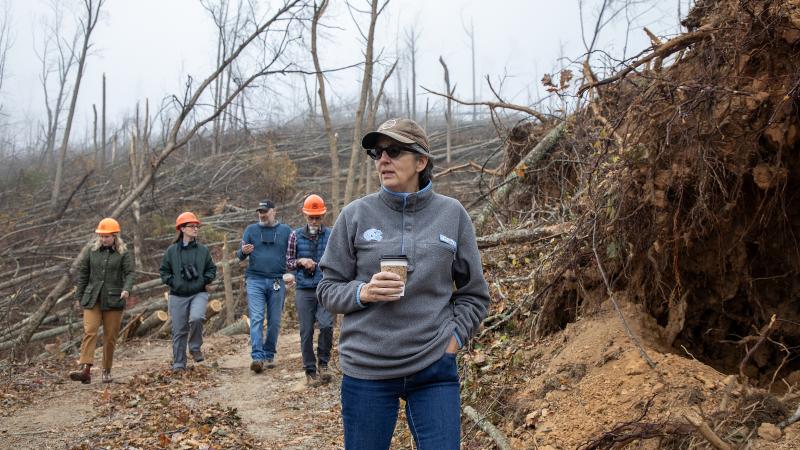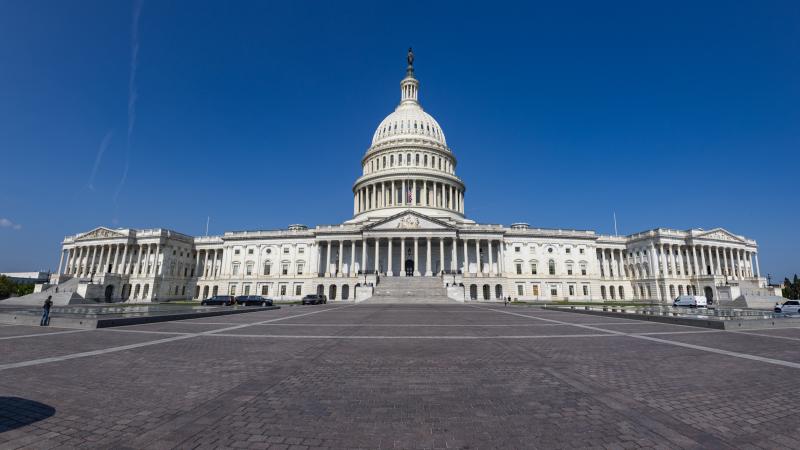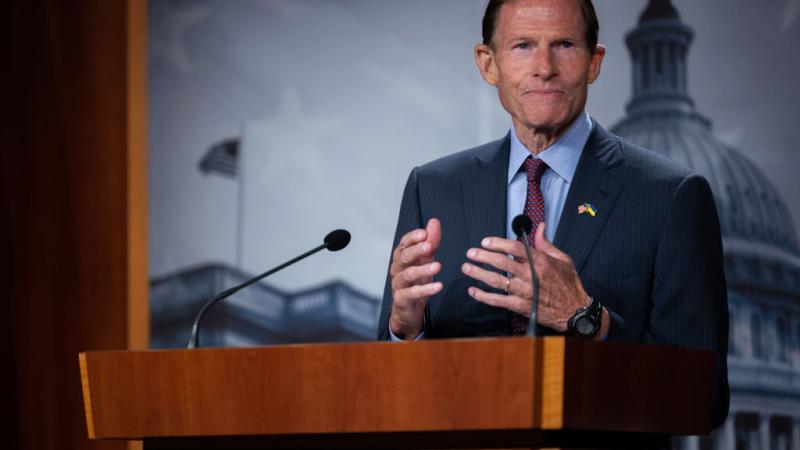Following Texas, Newsom signs bill requiring social media age verification
Arkansas and Utah have seen similar rules struck down in court, but a final ruling on Texas’ age verification law being heard in the United States Supreme Court could soon set national precedent on the matter.
(The Center Square) - California Gov. Gavin Newsom signed a controversial new bill requiring social media companies to verify the age of users, and preventing non-verified users from accessing algorithm-driven social media feeds. While described as a bill to combat youth social media addiction, tech and free speech groups argue the bill could worsen cyberbullying and infringe on First Amendment rights. Other states' similar bans have been struck down in court, with a challenge to Texas' age verification law to be heard by the United States Supreme Court in the coming term.
SB 976 bans social media notifications to California minors during school hours and between 12:00 AM and 6:00 AM without parental consent, require chronological, not algorithmic social media feed presented to minors without parental consent, and only allow these features if a social media company has "reasonably determined" the user is not a minor, or if a parent has consented. The California Attorney General is empowered to define what the “reasonably determined” standard actually means, and the whole law goes into effect on January 1, 2027.
Tech groups argue barring access to algorithm-generated feeds will make products less useful and enjoyable for users — and could even increase the impact of cyber-bullying that current algorithms seek to limit, while First Amendment advocates say requiring individuals to verify their age by surrendering personal information — likely to be government identification — would have a chilling effect on online speech.
Pro-technology lobbying group Chamber of Progress filed several letters of opposition against the bill and focused its arguments on the loss of editorial control for social media companies with the mandate to not show weighted algorithmic content to non-verified users, and the security risks of what they believe will be government ID-based age verification systems.
“There’s no way to verify the age of minors without verifying the age of all users,” said Chamber of Progress technology policy director Todd O’Boyle in an interview with The Center Square. “Whether you ask individuals to manually verify government ID, or you say all right, online services are allowed to use a third-party verifier, you’ve got a huge cybersecurity concern.”
Earlier this year, lack of encryption by a third-party background check provider allowed hackers to steal a data package with the name, Social Security number, and phone number of every American. The file was first listed for $3.5 million then later leaked for free.
“However well-intentioned, it’s going to result in a world where the algorithmic tools the platforms use to make the internet safer for young people by downranking and removing content that is harassing or otherwise abusive — if platforms don’t have those algorithmic tools at their disposal, teens are going to be at risk of dogpiling,” continued O’Boyle.
With regards to taking away algorithmic feeds, called “addictive” by the bill, O’Boyle said, “From a First Amendment perspective, the courts have been quite clear you can’t regulate design without running into serious First Amendment issues, because ultimately, this is trying to regulate the core curatorial and editorial functions of social media platforms.”
The Foundation for Individual Rights and Expression, a pro-free speech legal nonprofit, also took issue with the bill’s restriction on access to legally protected First Amendment content.
“It … basically says that people have to show their papers at the door before they can get access to constitutionally protected speech,” said FIRE chief counsel Robert Corn-Revere in an interview with The Center Square. “It is worth noting that other states attempting similar things have found that efforts to restrict access to this medium are being scrutinized very carefully by the courts. We’re still in the process of going through that same scrutiny in California, so for the legislature to move forward with potential legislation that doubles down on unconstitutional violations strikes me as unwise.”
Arkansas and Utah have seen similar rules struck down in court, but a final ruling on Texas’ age verification law being heard in the United States Supreme Court could soon set national precedent on the matter.














